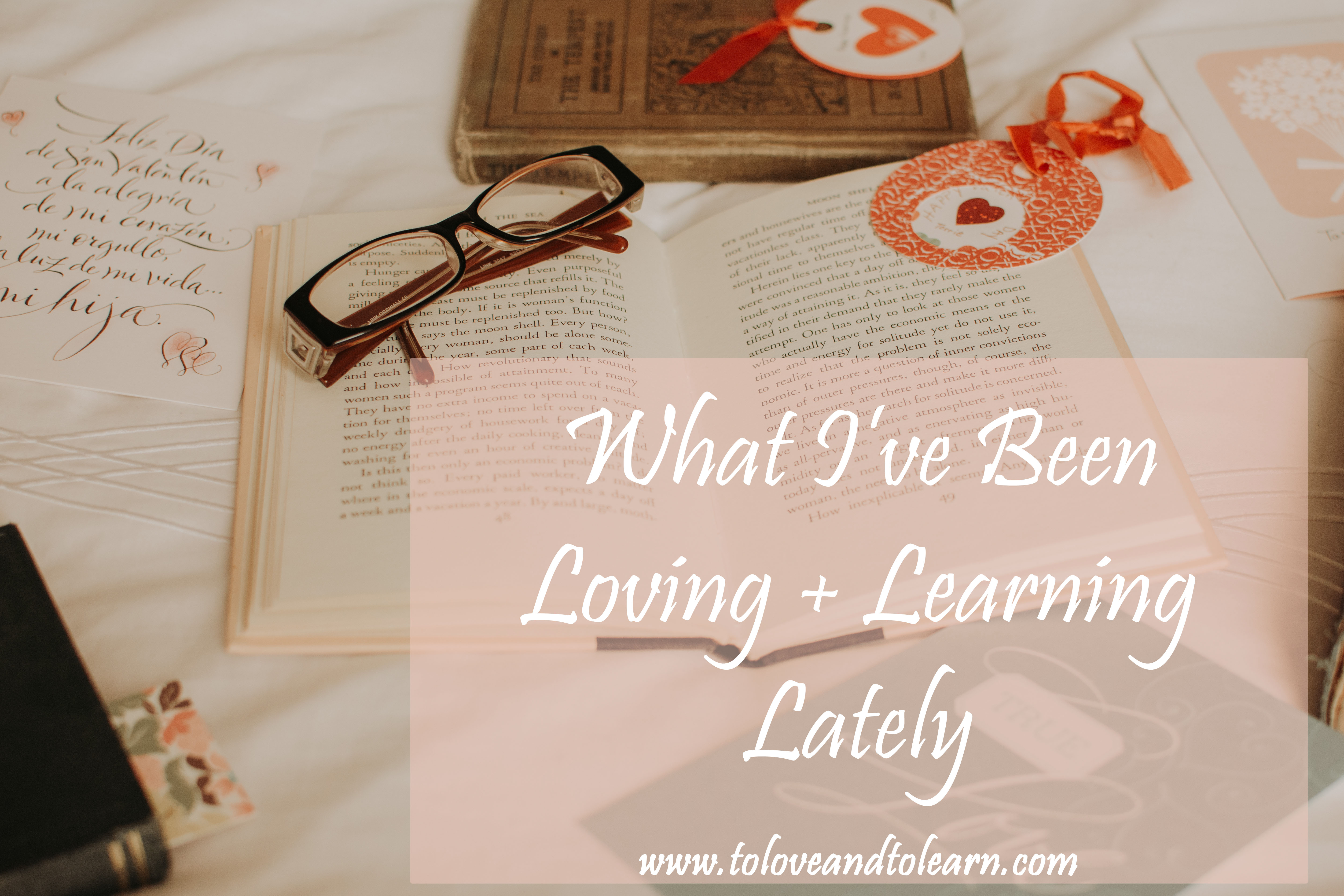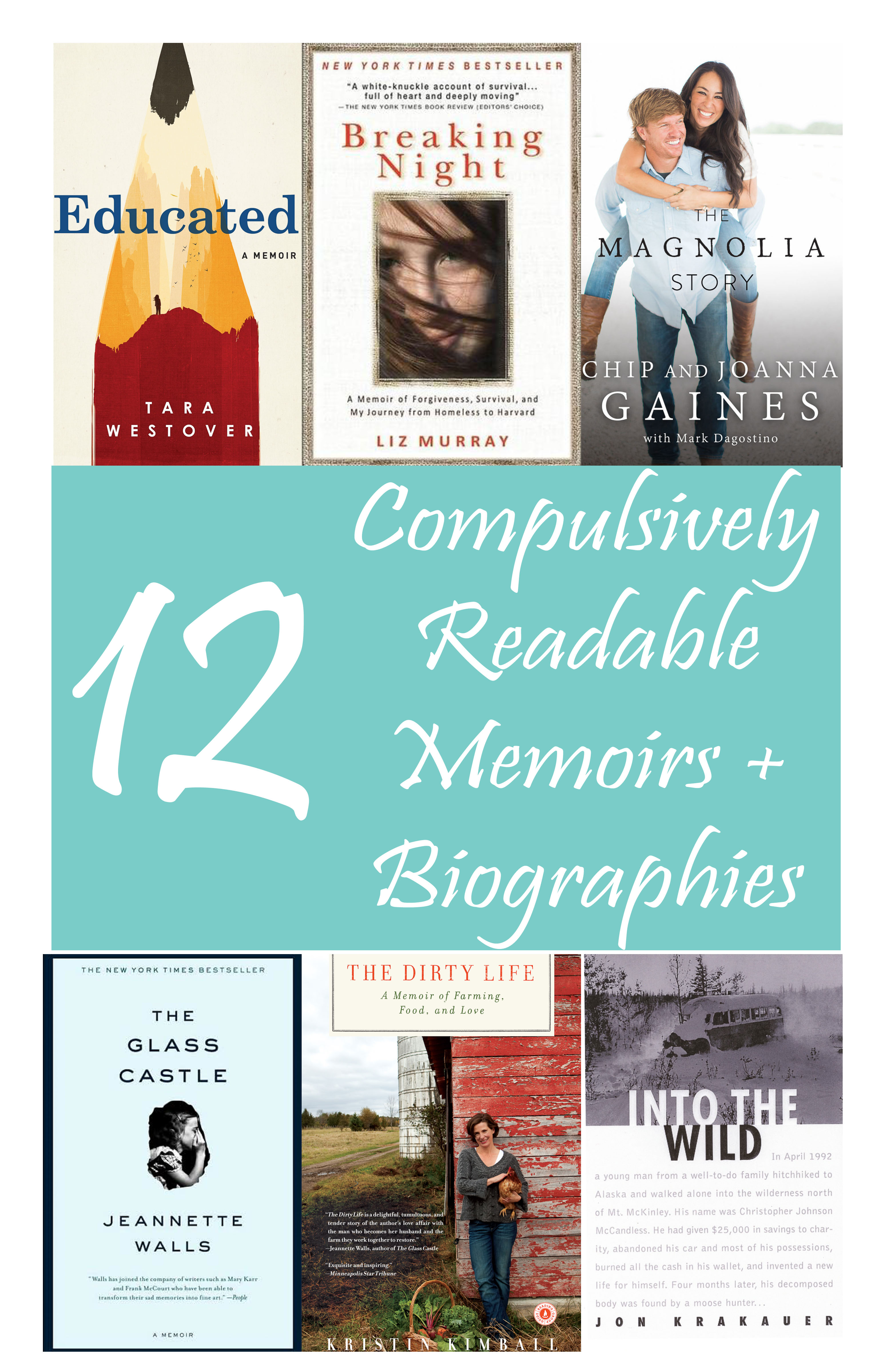
No, this is not a post wherein I reveal some devastating medical scare (thank goodness)—
This is a post where I talk about a book that, at just over 100 pages, has managed to change my life…probably forever (and I mean that literally).
In fact, it was this book that caused me to stay up until nearly midnight the other night talking to my husband, even though we’d both been suuuuuper sick all day and REALLY needed to get to bed early.
For me, there are many books that are worthy of high praise, even 5-star ratings—in fact, last year alone, I gave 9 books (out of 65 read) the full five stars (which is a rating I generally don’t give out too freely). To get 5 stars, the book needs to be memorable, well-written, influential, and something I would be willing to read again (and usually excited to read again, too).
But every so often, out of those rare 5-star books, I will come across a title that literally changes FOREVER something about the way I think, feel, or act (or possibly all three).
That’s what the book A Heart Like His (by Virginia H. Pearce) did for me. (That’s an affiliate link, by the way, though I highly recommend the book no matter how you get your hands on it. Heck, you can even borrow my copy if you live close by!)

The book’s premise is simple, its message not necessarily new:
The book’s basic hypothesis is that one way to feel God’s love more in our live is to first be willing to extend our love to others (instead of the opposite theory, which tends to say that we’re more likely to love others if we feel God’s love for ourselves first). Now, both theories have merit–I know when I’m feeling that my personal connection with God is solid, I AM much more likely to reach out to others–but this book suggests that one way we can strengthen that personal connection with God is by doing the reverse: that is, reaching out to others first.
Like I said, this is not a new idea, or even a particularly groundbreaking one for most people. However, I found that the author’s APPROACH to this has made all the difference in the world.
First off, like many people who consider themselves to be deeply rooted in their faith and beliefs, I have the constant sense that I should (or could) always be doing MORE than I am—I should be be out visiting more, out serving more, out loving more, out teaching more. I am positive I will never reach a point in my life’s work where I will just think, “Well, that’s it—I am literally doing everything I want to be doing and can be doing in order to be the absolute best version of myself.”
I am okay with that, largely—it means that I’m constantly pushing myself to grow spiritually, and I wouldn’t have it any other way.
However, that’s not to say that all the expectations don’t, at times, seem utterly overwhelming.
What I particularly liked about the approach mentioned in this book is that the author specifically states that she (and the others who participated in this experiment with her) were NOT to add anything else to their already-long to-do lists by taking on this experiment. In other words, the approach wasn’t about doing anything extra or out-of-the-ordinary—it was rather an invitation to experience a paradigm shift and to take the time to notice opportunities that come up naturally in the course of day-to-day life, and act on those.
The experiment is this:
In every interaction you have with another person, simply pay attention to your heart—are you keeping it open and warm? Or is it closed off and largely unengaged?
Now, this is a pretty abstract concept, but not one that is particularly difficult for most adults to understand (although it IS much harder to put into practice). Basically, an open heart is one that is concerned less with ourselves and our own timetable and our own needs or fears and is one that is truly engaged with another person. An open heart invites a furthering of the relationship. It also necessarily means that we become more vulnerable.
A closed heart, on the other hand, means that we are paying more attention to our own agenda, our own schedule, worrying about our own vulnerabilities or being taken advantage of, etc. It means we are often looking for a way to politely end the conversation or reroute it to simply get the information we need.
The crux of the experiment is to work to have your heart open for ALL of your interactions with others—
A simple idea, but not an easy one.

In the book, the author shares several simple stories from her own life or from the lives of the other women who participated with her, and in almost every instance, the interactions were small, daily experiences with other people who came across their path, rather than elaborately “planned-out” scenarios, such as an out-of-the-way visit. But in every instance, no matter how small, when the women said they treated the encounter with a truly open heart, they found themselves leaving it uplifted, cheered, and even sometimes profoundly moved—in other words, they truly DID feel like they could feel God’s love at work more often on a daily basis.
So I started paying attention to my heart as I interacted with people.
And my initial results SHOCKED me.
Although I’m a bit of an introvert (just because I love spending so much time alone and in my own head), I am not generally shy at all—I find it easy to meet new people, and I generally like being in many social situations.
However, as I paid attention to my heart during the encounters that started to come up, I noticed something a little alarming—though I was being perfectly friendly and polite on the outside, my heart wasn’t really open to a further engagement or deepening of the relationship, at least not in many of the cases. (I’m talking largely about people outside of my most inner relationship circle; in other words, I’m not really talking about my husband or child or family here, as I find that my heart (gratefully) is usually pretty open with them).
This really surprised me.
This also let me know just how much work I needed to do.
So I started thinking about WHY I was keeping my heart shut off. There were generally only a few reasons:
First (and most common), was a perceived time-constraint or task that I was working on. One ready example is at the grocery store. I am often stopped at LEAST once on each of our grocery trips by a stranger telling me how beautiful they think my daughter is (often by people who look like they’re grandparents). While always polite, I rarely do much other than smile and say that although biased, I’d have to agree with them, and then we both go our separate ways. Because I am focused on a task at hand (in this case, getting through my list), I don’t take advantage of the opportunity to change the encounter to a more open-hearted experience.
Second, I sometimes was closed off because I didn’t want to be vulnerable. As an adult, I’ve found it harder and harder in my friendships to really open myself up, though that wasn’t so much a problem at all in my earlier friendships. I think it’s because my assumption is that everyone is just so busy in their own lives that I don’t want to burden them or open myself up with my fears or whatnot to people who might not really care. (A common example of this is with my semi-new neighbors–so many people have reached out and tried to be friendly, but I’m often worried about the impression I’ll create if I act anything but composed and put-together and cheerful, so sometimes I keep my heart pretty closed.) Along with this, I don’t want to come across as desperate for friendship (although, aren’t we all, really?!), so I hesitate to make the first crucial move (being vulnerable and keeping an open heart) for fear that the other person may not want to reciprocate, and then I’ll just feel stupid.
Third, on rarer occasions, I keep a closed heart because of a perceived difference that I worry might bring up a point of contention. I personally have the hardest time with confrontation and contention of any kind, and I will often go to great lengths to avoid it. On a few occasions, I’ll admit I was scared to keep an open heart because it might mean having to divulge that I felt differently about a certain matter (usually politics or religion), and I didn’t want to have any type of confrontation over it.
Once I’d identified the WHY, it started to become a *little* bit easier to just take the leap and keep an open heart anyway (although I’m definitely still working on it).

Like the book suggested, I didn’t look for extraneous interactions with people at all—I simply noticed what came up on a daily basis, tried to keep an open heart, and evaluated after.
My first major success came one day at the gym. I had been working out for the duration of my hip hop class next to a girl who reminded me forcibly of a close friend who moved away from me, whom I sorely miss. I felt like I should talk to her, even though I wasn’t usually in the habit of just randomly chatting up random strangers at my class (though, over time, I HAVE at least gotten to know the other regulars by name). Anyway, I made a passing comment about something to her, and one thing led to another and we ended up talking for like 15 minutes out in the parking lot. Turns out, we actually went to high school together but didn’t really know each other very well, and because I started our interactions in such an open-hearted way, I’ve now gained a new friend—someone who I’m genuinely excited to see and talk to every week after class, and who I will likely start hanging out with outside of class too, especially as we have kids the same age. That never would have happened had I just kept myself closed off, like I often did.
Another success came as a result of someone actually setting a good example for ME first, which then encouraged me to do the same. In my new neighborhood, we are often(ish) having people stop by to just drop us off a treat or something, just because our neighbors are friendly and awesome like that. Usually, in the past, I would just thank them gladly for their thoughtfulness, make small chat for a few minutes on the porch, then go inside. Well, on one occasion, when I went to go drop off a book to a neighbor who’d been house-bound for several weeks, she invited me in, which I accepted gladly. We ended up having the most amazing conversation for an hour while my daughter played with her children, and I’d like to think we both left feeling much lighter and more understood. Because of her, the next time SHE stopped by, I did the same, with the same results. And now, I’m determined that whenever anyone stops by again—no matter the state of my front room, dang it (!), I’m going to invite them in. They might not all accept, but even if just some do, I can only imagine the kinds of friendships that can be developed.
(Fun side note: Literally while I was proofreading the previous paragraph, we had a couple stop by with some Easter goodies, and subsequently, my husband and I just enjoyed a 45-minute chat or so together with them. Let’s bring back the idea of the drop-in house visit, people!)
Honestly, I still have a lot of work to do before I become the kind of person who is naturally open-hearted all the time, and who has the art of being warm and friendly and inviting to everyone.
But seriously, this one shift in my thinking has made such a monumental shift in my happiness already, and I can state unequivocally that I know it has helped me to feel closer to my Heavenly Father on a daily basis, as well.
What kinds of positive life shifts have you experienced lately?







